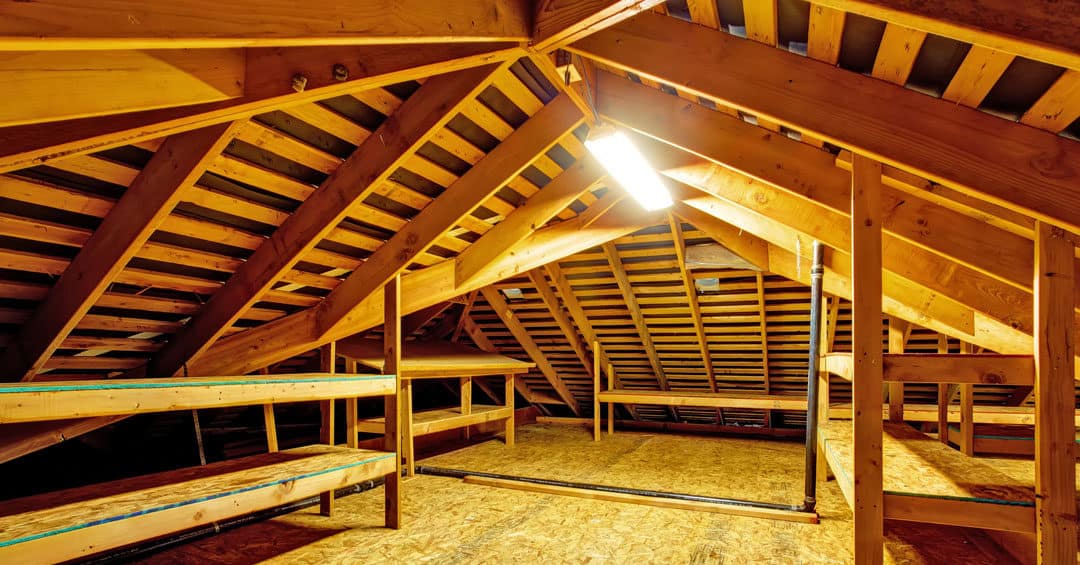If you’re an Ann Arbor area homeowner with an attic hatch, some of your energy dollars may be going right up into your attic if the hatch isn’t insulated and sealed. Now that the Christmas decorations have been put away, it’s a good time to make your attic hatch airtight, keeping your home more comfortable while saving you money.
If your attic space is unfinished and/or not insulated, even more energy is being lost; heat rises, and when it escapes around your attic hatch and then out of the attic itself, you will spend more on energy and find it more difficult to keep your home warm.
So, how can you check to see if your attic hatch is sucking energy from your home, and how much? Easy.
- Turn off any sources in your home which will create air drafts, such as furnaces or air conditioners.
- Using a smoke pencil or “smoke puffer” like professionals use, or an incense stick that has been lighted and produces a thin stream of smoke, hold it near the attic hatch. As you observe you will be able to tell if you have an air leak, as the smoke will either bend toward the leak if air is entering the attic or away from the attic if air is coming out.
Between finishing your attic and closing the hatch, you can save as much as 30% on heating bills!
If you discover air leaks around your attic hatch, what to do? If you’re a do-it-yourselfer, consider applying foam tape or weatherstripping around edges; there are also insulated hatch covers available at many home supply stores. Additionally, you may want to attach manufactured fabric housing to the stairs to further block air leakage.
If your attic is unfinished and/or not sufficiently insulated, consider completing both. Between this and sealing up your attic hatch, you can save as much as 30% on your heating costs – and enjoy a more comfortable home.
Haley Mechanical is committed to providing Michigan homeowners in the Dexter, Ypsilanti, Ann Arbor and surrounding areas with expert advice on heating and cooling your home. Call us today with any questions you may have about saving on energy costs this winter.

